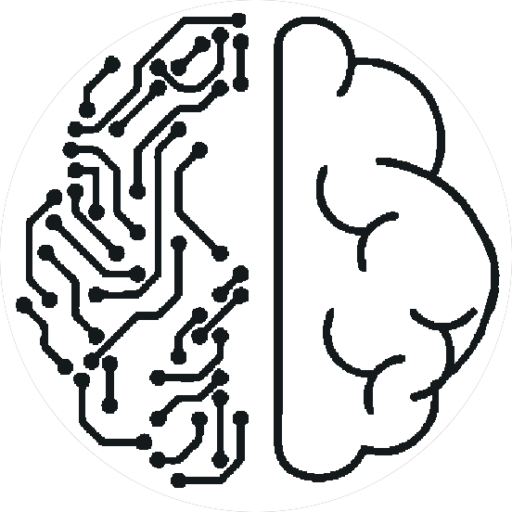The Gut-Brain Axis: Your Second Brain
The Gut-Brain Axis is a complex communication network linking your gut and brain, impacting your physical and mental health through neural, hormonal, and immune pathways.
Components of the Gut-Brain Axis
Microbiota: Trillions of microorganisms in your gut, known as the gut microbiota, are essential for digestion, immune function, and overall health. They break down food, produce vitamins, and protect against pathogens. These microbes also influence brain function and behavior through the gut-brain axis.
Enteric Nervous System (ENS): Known as the “second brain,” the ENS consists of neurons in the gut walls. It controls gut function independently of the central nervous system (CNS) but communicates with the brain via the vagus nerve. The ENS regulates gut motility, secretion, and blood flow and responds to stress and emotions. Anyone have Anxiety AND Irritable Bowel – hello!
Neurotransmitters and Hormones: Gut bacteria produce neurotransmitters like serotonin and dopamine, which regulate mood, appetite, and sleep. About 95% of the body’s serotonin is produced in the gut. These neurotransmitters, along with hormones like cortisol, significantly affect mood and cognitive function.
Mental Health Connection
Dysbiosis: An imbalance in gut bacteria, or dysbiosis, is linked to mental health conditions like anxiety, depression, and autism. Dysbiosis can result from a poor diet, stress, antibiotics, and infections. This imbalance can lead to inflammation and altered neurotransmitter production, affecting brain function and mood.
Probiotics and Diet: Improving gut microbiota through diet and probiotics can enhance mental health. Probiotics are beneficial microorganisms that restore gut balance and reduce inflammation. Prebiotics are dietary fibers that feed these beneficial bacteria. Foods rich in prebiotics include garlic, onions, bananas, and whole grains. Also think flax seeds, chia seeds and hemp hearts!
Dysbiosis and Leaky Gut: Causes: Impact on Mental Health
Dysbiosis: Dysbiosis refers to an imbalance in gut bacteria, where harmful bacteria outnumber beneficial ones, disrupting gut function and contributing to mental health issues.
Leaky Gut: Leaky gut, or increased intestinal permeability, occurs when the tight junctions in the gut lining loosen due to poor diet, chronic inflammation and stress. This process allows toxins and bacteria to enter the bloodstream and trigger immune responses.
Impact on Mental Health
Dysbiosis:
- Dysbiosis can reduce neurotransmitters, leading to mood disorders.
- Inflammation: Dysbiosis triggers chronic inflammation, affecting brain function and contributing to mental health issues.
- Dysbiosis disrupts communication between the gut and brain, altering brain function and behavior.
Leaky Gut:
- Inflammatory Response: Compromised gut barrier allows toxins and bacteria into the bloodstream, causing systemic inflammation linked to mental health disorders.
- Immune Activation: Immune response triggered by leaky gut affects brain function, contributing to neuroinflammation and mental health conditions.
- Toxin Exposure: Toxins entering the bloodstream from a leaky gut can affect brain function and lead to cognitive issues and mood disorders.
How to Improve Gut Health
Dietary Changes:
- Increase Fiber Intake: Eat more fruits, vegetables, and whole grains to support beneficial gut bacteria. Probiotics and Prebiotics: Include probiotics and prebiotics in your diet to restore gut balance. Reduce Processed Foods: Limit intake of processed foods, sugar, and unhealthy fats to prevent dysbiosis and inflammation.
Stress Management:
- Mindfulness and Meditation: Practices that reduce stress can positively impact gut health. Regular Exercise: Physical activity promotes healthy gut function and reduces stress.
Limit Antibiotic Use:
- Judicious Use: Use antibiotics only when necessary to minimize disruption to gut microbiota.
Dysbiosis and leaky gut are significant factors affecting both physical and mental health. An imbalance in gut bacteria and a compromised gut barrier can lead to inflammation, disrupted neurotransmitter production, and altered gut-brain communication, contributing to mental health disorders like depression and anxiety. Maintaining a healthy diet, managing stress, and being mindful of antibiotic use can protect gut health and support overall mental well-being. Understanding the gut-brain connection underscores the importance of a holistic approach to health, considering the intricate interplay between our body and mind.
